
A former lawyer once “shackled” by an eating disorder and fitness obsession, running so much she broke both her legs, skipping meals, and being told she would be “dead within a year” in her 20s, now runs a podcast complete with celebrity guests including Joanna Lumley to help others struggling with their mental health.
Pandora Morris, 33, a podcast host and aspiring author who lives in London, has been fighting a now two-decade battle with obsessive compulsive disorder (OCD) and anorexia, which began when she started attending boarding school in Oxford, aged eight.
Separation anxiety, depression and feelings of isolation led to severe panic attacks where she would “bawl” on the floor for several hours – and by the age of 14 Pandora was “out of control”, running 20 miles every day and eating the “absolute bare minimum”.
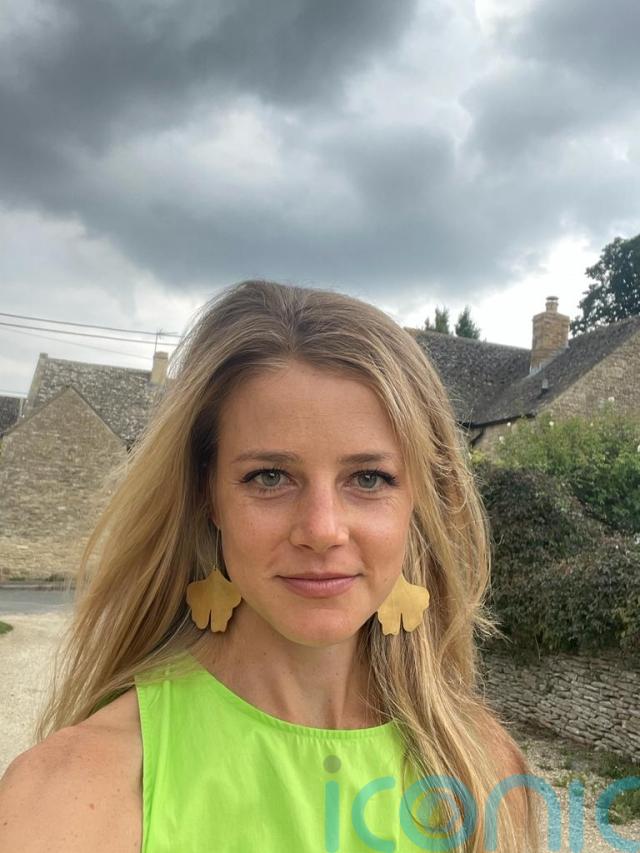
This caused stress fractures in both of her legs, meaning Pandora, who described herself as “skeletal”, then started swimming every day at 6am before school instead.
Pandora’s doctor explained she was “killing (herself)” by overexercising and undereating, but she told PA Real Life: “Anorexia and OCD, they convince you that they’re your best friends, that they’re serving you and, without them, you’re nothing, you’re nobody.”
As a result of “all the exercise and all the starvation” over the years, Pandora has only had 10 periods in her lifetime, has broken countless bones, developed osteopenia – the stage before osteoporosis – and is now taking HRT drops to help regulate her hormones.
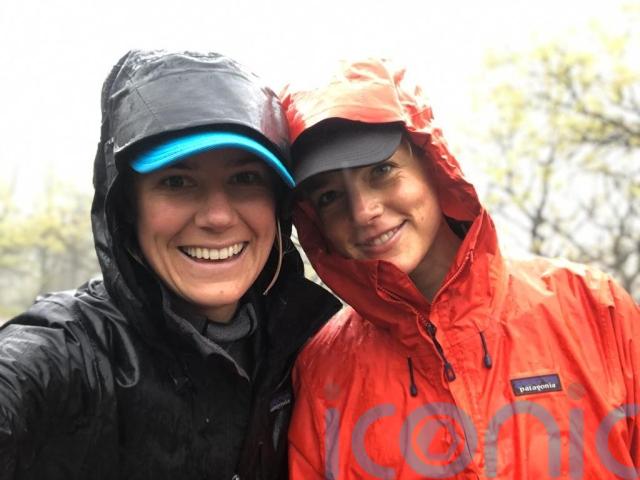
Pandora said she is having to “live with the repercussions” of her OCD and anorexia, but she is slowly trying to “remedy the damage”, as she does not want the disorders to “define (her)”.
She hopes her podcast Hurt to Healing – on which she has welcomed guests including Joanna Lumley, Ruby Wax, Spencer Matthews and Anne Robinson – will encourage “real human connections” and support others who are struggling with their mental health.
“Although it is very much a part of me, it’s not what I want to define me because the more it defines me, the more I’m locked into the disorder,” Pandora said.
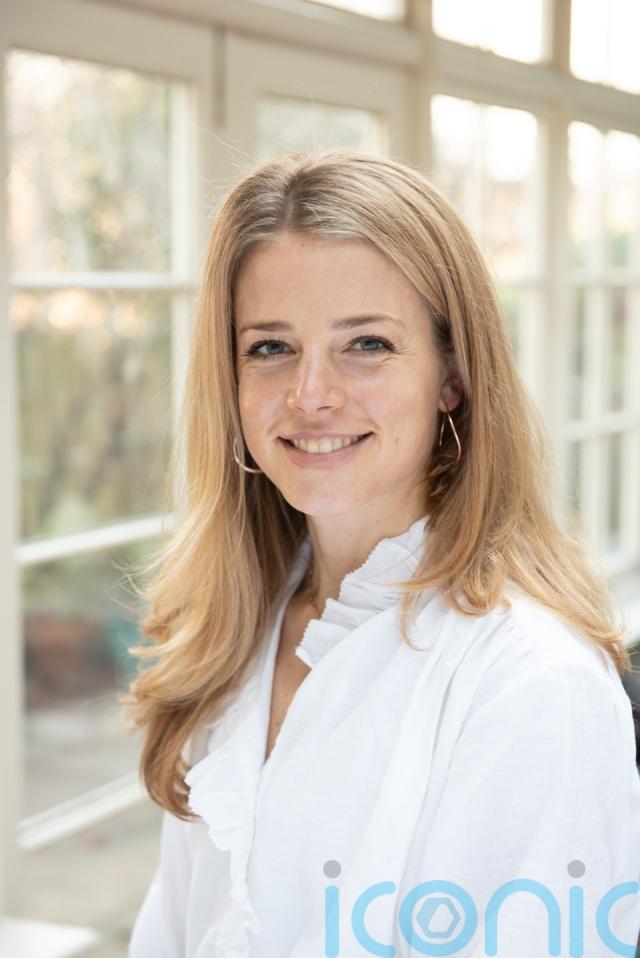
“Now, with my podcast, I feel that I can use this horrible disease and illness, which has constricted me for my entire life and kept me locked into this prison, to actually do good, to try and help other people in the process, and to create meaning and give meaning to other people.
“All we want to do is make a person feel loved and heard, and the more that we are vulnerable, and the more we talk about our struggles, the more we can connect and help one another.”
As a perfectionist and someone who had “always suffered from imposter syndrome”, at school Pandora felt enormous pressure to be “perfect on every front” – in her academia, sport, friendships, and appearance – and very quickly, a “dark cloud descended on her”.
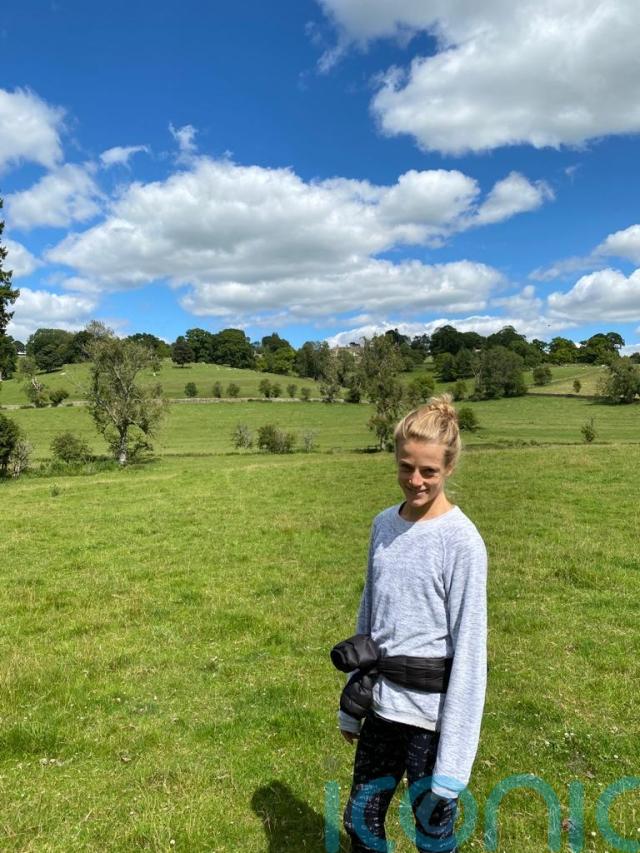
“I started having daily panic attacks, I was waking up and being sick because I was so, so unhappy… and it was just this two-month period in the summer term of feeling completely lost, desperate, and like the world had no meaning,” Pandora explained.
Observing those around her, Pandora said everyone seemed “happy go lucky” but her “world was crumbling around her” and she felt extremely depressed – and after her panic attacks increased in frequency and severity, she started seeing a psychotherapist, aged 11.
“I started a new school in the January, but I was still having panic attacks – every night I was in tears for two, three, hours on the floor, bawling like a child,” Pandora added.
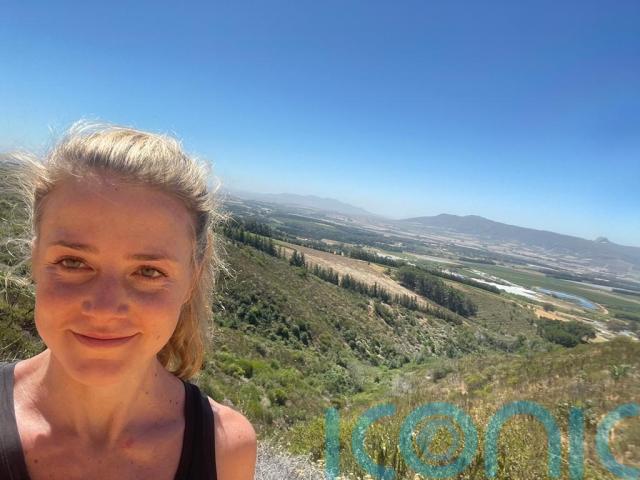
In therapy, Pandora worked on externalising her thoughts and feelings, but at the age of 12, the symptoms of her OCD worsened, and she became “obsessed by the number six” – she avoided the number because it “represented the Devil” and she started “praying obsessively”.
She then started to take up running, as she had always been sporty, and she soon discovered that she could “get this respite from all the anxiety and all the depression”.
She began to feel “free and in control” for the first time in her life, however, by the age of 14, Pandora was running 20 miles every day and started restricting her food intake, and this led to her becoming an outpatient at Start2Stop, which provides addiction treatment.

Despite seeking the help she needed, as Pandora’s weight reached a “dangerously low level”, she was “deceitful” and would “lie in order to enable the disorder”.
“I was being weighed twice a week, and I was hiding the weights from the physics lab at school, I was hanging them off the back of my necklace,” she explained.
“I was drinking two litres of water before I was weighed – anything to convince them that I was putting on weight, so that I could somehow prove that I didn’t need to eat.”
At the age of 14, Pandora said her “body couldn’t handle it anymore” and she broke both of her legs, sustaining stress fractures, because she was running so much.
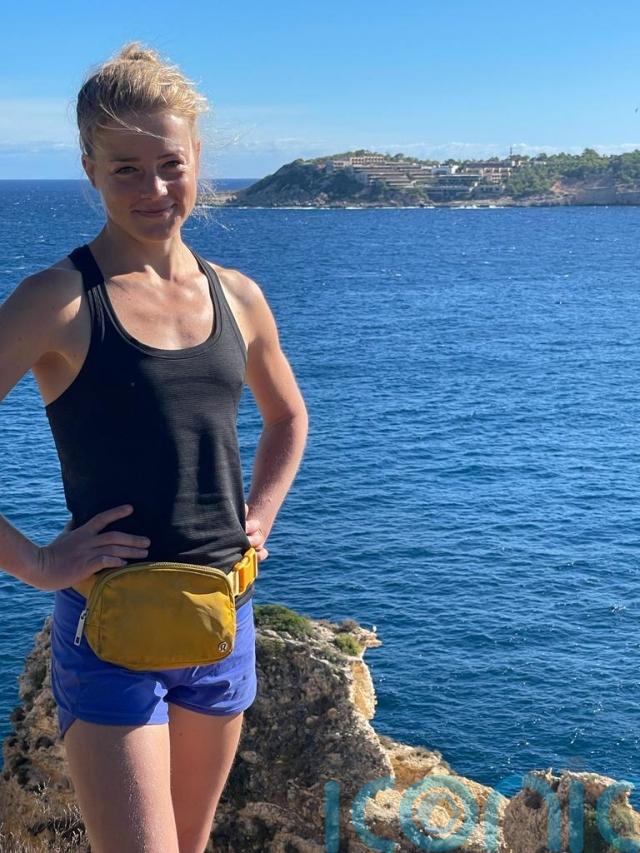
She then started to swim as an alternative form of exercise and, for the next six months, she swam for two hours every day before school at 6am.
“My mum just used to sit and watch me, this skeletal child going up and down the swimming pool like a maniac for two hours, and I wouldn’t stop,” Pandora said.
“I was so in the grips of both the eating disorder and the OCD, and the belief was I’ve just got to control everything – eat the absolute bare minimum but do the absolute maximum.”
At this point, Pandora was told by a doctor that she was catabolic – that she was “eating into” her muscle, bone, and organs – but she thought she was “invincible”.
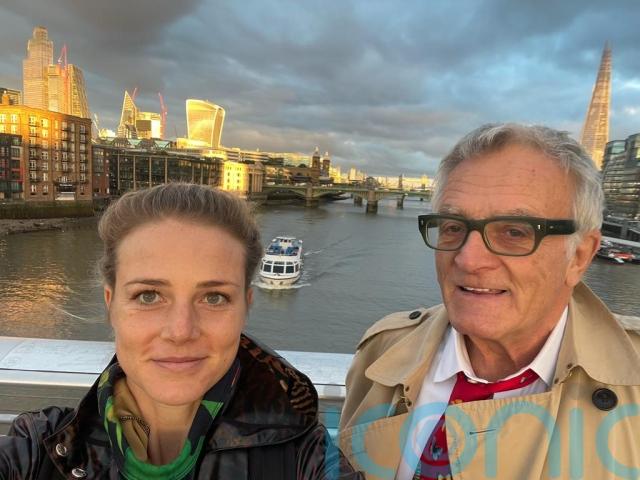
She continued to restrict her food intake and exercise over the following years, even secretly watering down the milk for her cereal at home and hiding food up her sleeve.
However, during an appointment in her 20s, Pandora was told her heart rate measured 34bpm and it was “amazing (she was) conscious”.
“I was just destroying myself in the gym and I wasn’t eating anything, and however horrible and painful it was, I could not escape this prison my mind had created,” she said.
In the years that followed, Pandora pursued a career in law, working for Linklaters, but after completing her training contract, she said she wanted to “find something that (she) truly felt passionate about”.

This led to her partnering with mental health charity Shout to launch the podcast Hurt to Healing in October last year – and along with celebrity guests, she has had the opportunity to speak to experts including Professor David Veale, a consultant psychiatrist who specialises in OCD, and former model turned nutritional therapist Rosemary Ferguson.
Pandora said she feels privileged to have received “some of the best treatment in the world”, but being “too young and too naive”, she could not fully appreciate it.
While the therapies have been beneficial in many ways, she has since learned: “They’ve got to happen at the right time, and you’ve got to be ready to take on the message.”
She added: “You’re not going to change overnight, it’s a slow process to getting better, but there’s always a glimmer of hope; you just need to remain hopeful.
“There have been a lot of ups and downs, but the downs don’t need to be an endless abyss of darkness.”
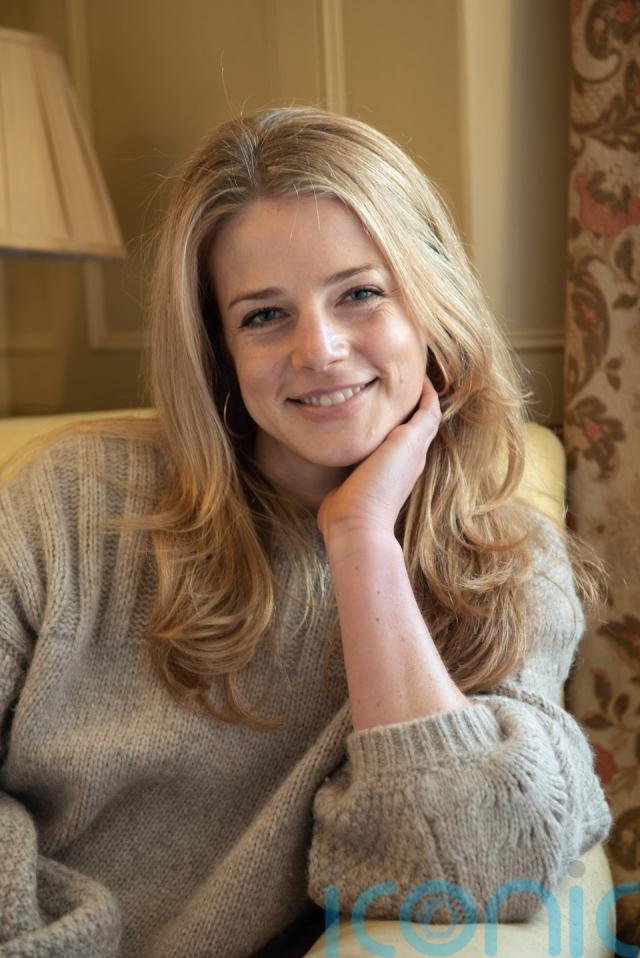
Pandora believes that externalising your thoughts and feelings through an output is “really effective” – and by drawing on her own experiences and speaking to professionals, celebrities, and doctors in her podcasts, she wants to create a resource that she wishes she had and to help others feel “less ashamed and less alone”.
“I’m not recovered, I am still very much on my journey, but on my journey I will do everything I can to try and teach and help and support other people who are going through similar situations because it’s a very lonely journey and, at times, you think, ‘I’m just existing, I’m not living’,” she said.
“But what’s more important? Having a flat stomach and being able to see your ribs, or having connections with people and doing something that’s got meaning and purpose and makes you feel fulfilled.”
To listen to Pandora’s podcast, Hurt to Healing, visit: podcasts.apple.com/gb/podcast/hurt-to-healing/id1649515453
Subscribe or register today to discover more from DonegalLive.ie
Buy the e-paper of the Donegal Democrat, Donegal People's Press, Donegal Post and Inish Times here for instant access to Donegal's premier news titles.
Keep up with the latest news from Donegal with our daily newsletter featuring the most important stories of the day delivered to your inbox every evening at 5pm.